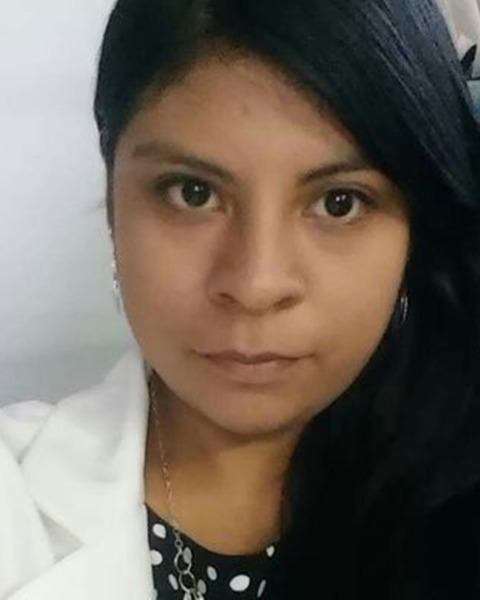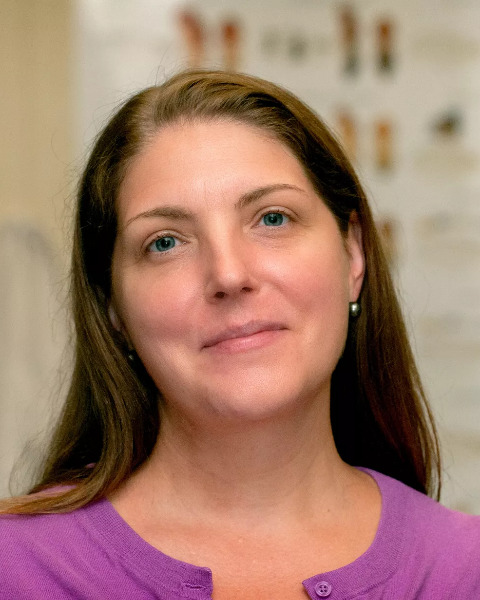Back
Physiology, Biochemistry, and Toxicology
10-Minute Paper
PBT: Physiology
Microbiome across generations: Unveiling transgenerational effects in Drosophila immunity
Sunday, November 13, 2022
9:36 AM – 9:48 AM PT
Location: Vancouver Convention Centre, Meeting Room 111/112

Krystal Maya-Maldonado
Johns Hopkins University
Baltimore, Maryland
Nichole Broderick (she/they)
Assistant Professor
Johns Hopkins University
Baltimore, Maryland
Presenting Author(s)
Co-Author(s)
In insects, as in other animals, microbiomes play an important role in development and activation of the immune system, helping protect against pathogens and natural enemies. This immune status can also be transmitted to progeny (transgenerational immunity). To date, little is known about how microbiota contributes to this transfer/alteration of immunity in offspring. Here, we take advantage of well-standardized protocols in the Drosophila model to study transgenerational effects between the host, the microbiome, and gut pathogens. We challenged Drosophila females orally with different doses of Pseudomonas entomophila (Pe), a lethal pathogen due to its inhibition of epithelial repair processes, which in basal conditions are modulated by gut microbiota. Parental survivors were collected, and their offspring were reared to the next generation. Adult females from the F1 and F2 generation were subsequently challenged with Pe. Offspring (F1) from previously infected parents (F0) exhibited similar survival compared with offspring from unchallenged parents, and pathogen load was the same across treatments. Interestingly, the abundance of microbiome members increased after Pe challenge in a manner dependent on parental treatment, suggesting that microbiome remodeling following infection can be influenced across generations. For example, In F2 we observed similar survival in the offspring of both unchallenged and challenged parents. However, the extent to which the microbiome was altered was dependent on the parental line treatment; exposure of grandparents to a pathogen led to more drastic microbiome remodeling in offspring following the pathogen challenge. Our results suggest a transgenerational effect in microbiome homeostasis upon infection disruption.

